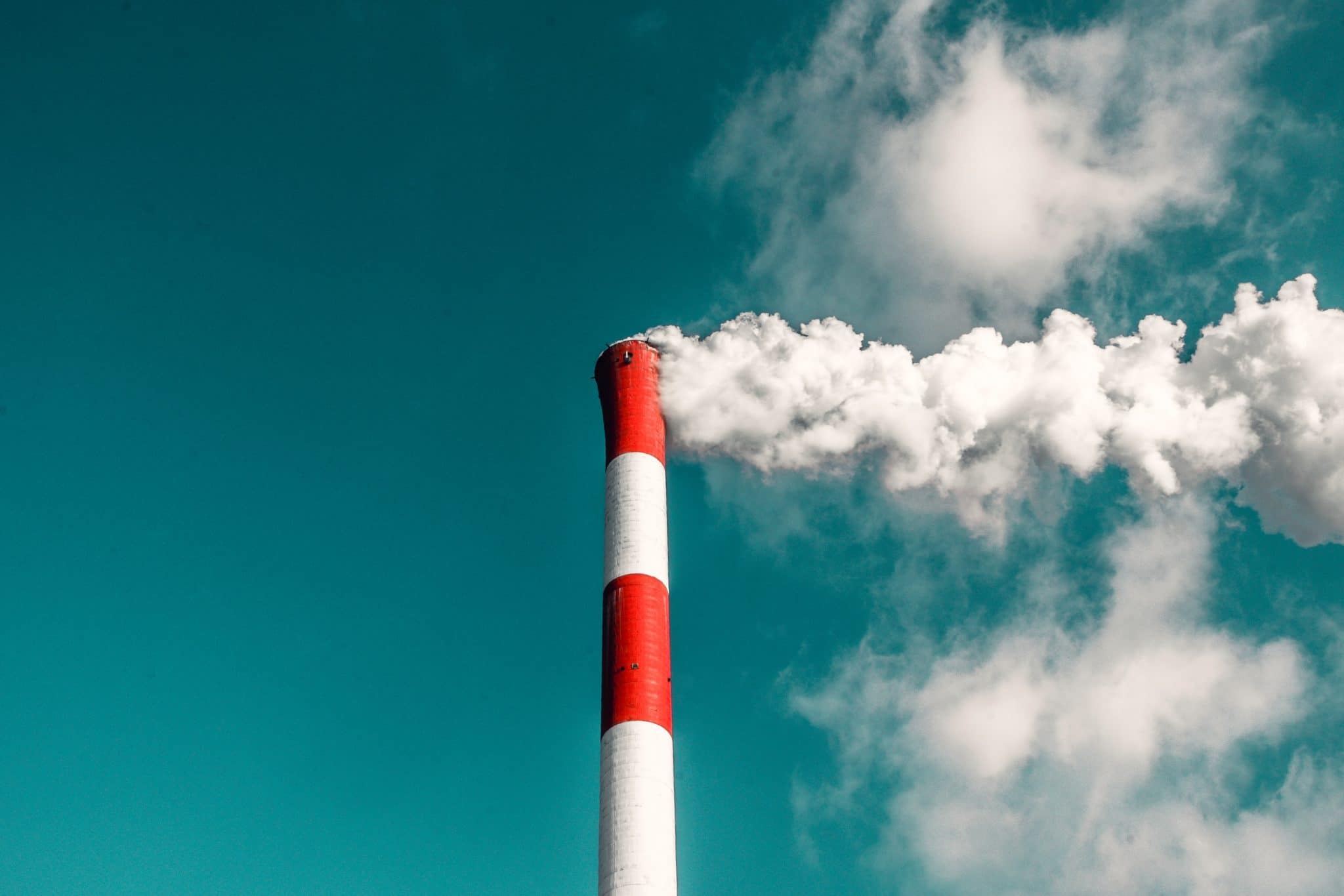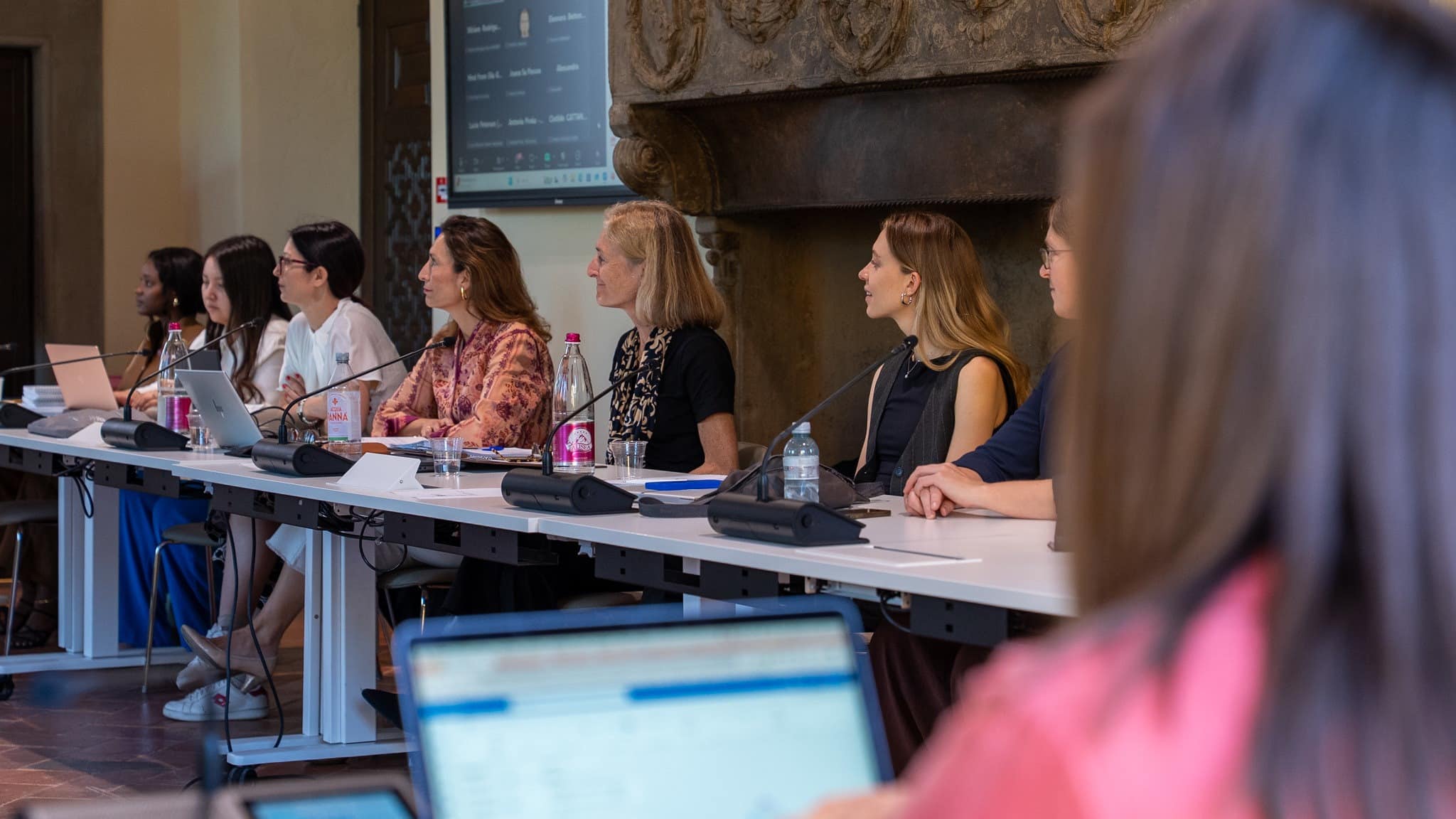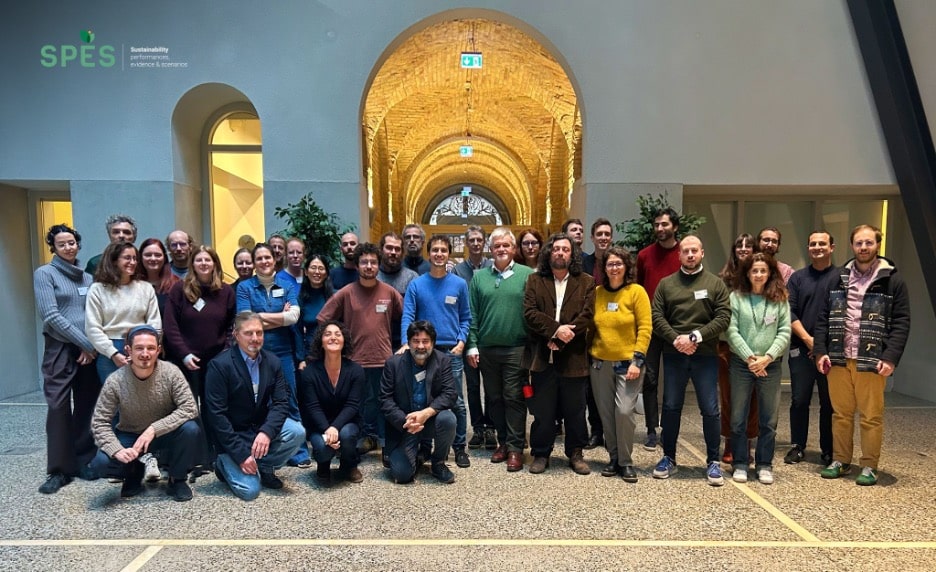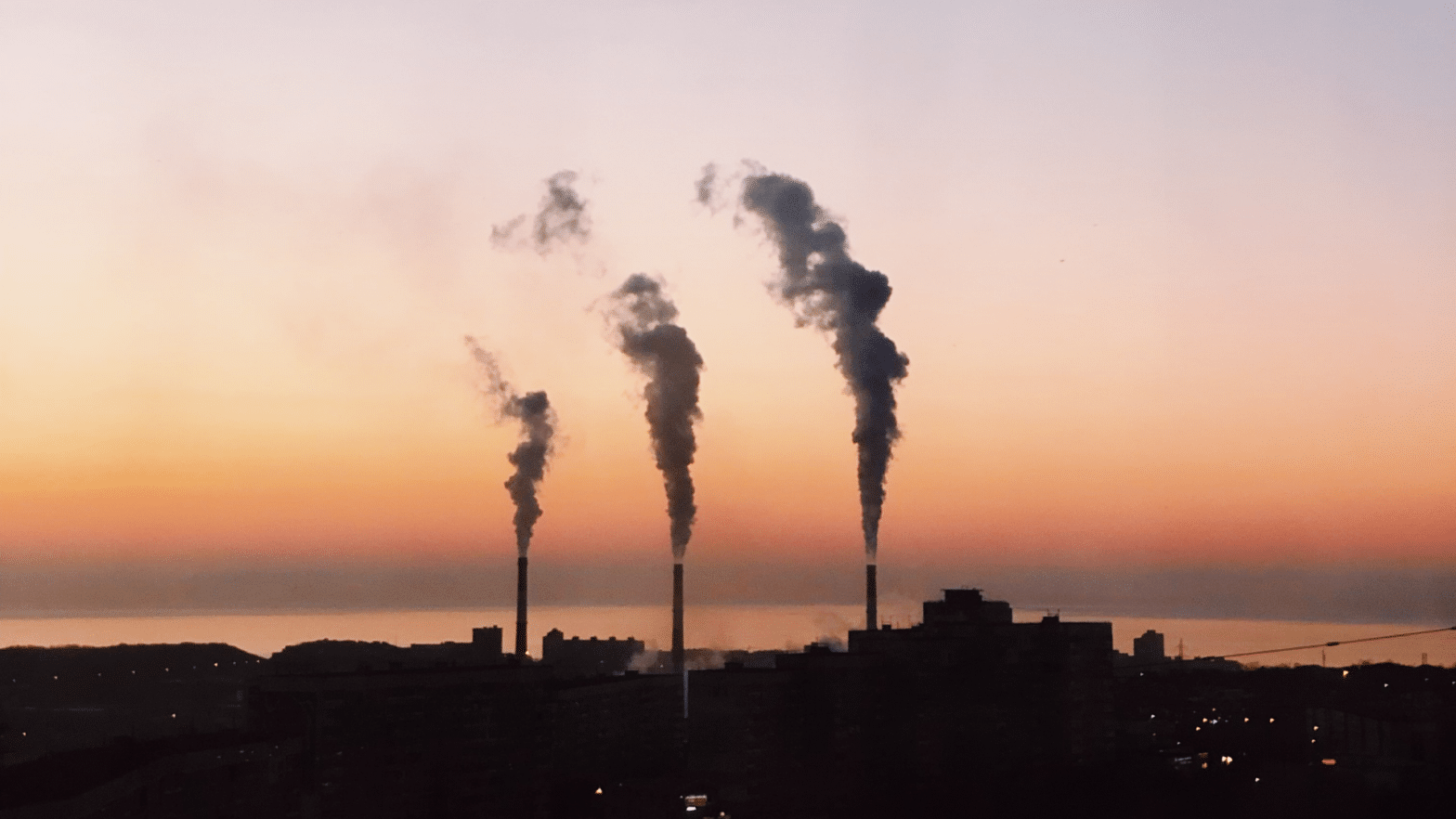FSR Climate supported DG Climate Action for an unprecedented Carbon Market Workshop in 2020
FSR Climate, Emissions Trading Systems (ETSs) regulators and DG Climate Action join forces in an unprecedented Carbon Market Workshop held on 12 June 2020.

The COVID-19 pandemic and the resulting lockdowns and travel restrictions severely hit the world economy. This economic crisis threatens the ambition of climate policy. In view of this, Emissions Trading Systems (ETSs) regulators gathered on 12 June 2020 to discuss the short and longer terms impacts of COVID-19 on their carbon markets. The Director of FSR Climate, Simone Borghesi participated in this Carbon Market Workshop.
As part of the so-called Florence Process, this event brought together representatives of key jurisdictions with emissions trading programmes from the EU, China, California, Quebec and New Zealand, to address issues of common concern and interest. The Florence Process takes place in Florence at the European University Institute, through a series of workshops organised jointly by DG Climate Action of the European Commission and FSR Climate. Due to travel restrictions, this year’s Carbon Market Workshop took an online format, for the first time after three editions on site.
The meeting was by invitation only and was held under Chatham House Rules. It echoes the work and the Policy Dialogue of the project LIFE DICET – Deepening International Cooperation in Emissions Trading, currently managed by FSR Climate, which involves and analyses the same ETSs.
FSR Climate contributed to the discussion by preparing a background paper jointly with the International Carbon Action Partnership (ICAP). This note, published as a Policy Brief, discusses possible implications of a climate neutrality target for cap-and-trade systems. Current estimates of marginal abatement costs suggest that achieving zero or net-zero emissions requires much higher carbon prices than ever experienced. This calls for policy packages that address the negative side effects of high carbon prices – notably, competitiveness effects and distributional effects – unlock additional abatement and, therefore, keep carbon prices within acceptable limits. The note presents multiple policy options that address these challenges.
Previous editions:
First Carbon Market Workshop, 25 September 2017
Second Carbon Market Workshop, 14 May 2018
Third Carbon Market Workshop, 21 March 2019
Don’t miss any update on this topic
Sign up for free and access the latest publications and insights

















